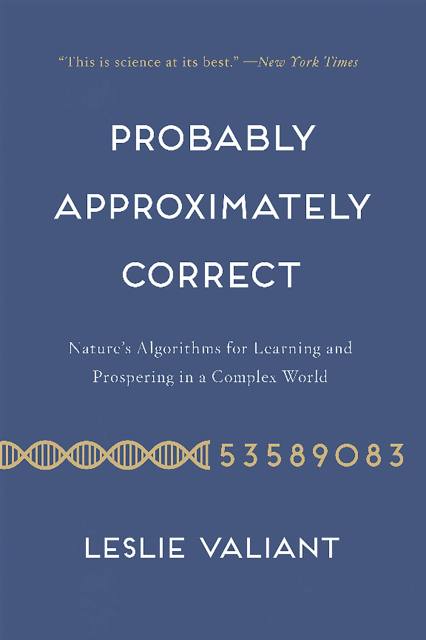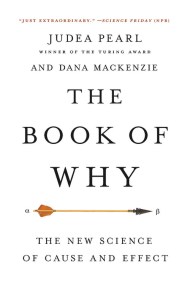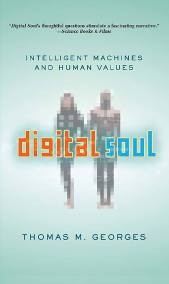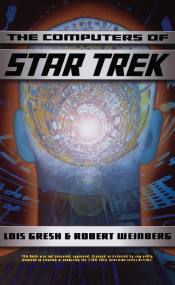Probably Approximately Correct
Nature's Algorithms for Learning and Prospering in a Complex World
Contributors
Buy from Other Retailers:
- On Sale
- Nov 14, 2014
- Page Count
- 208 pages
- Publisher
- Basic Books
- ISBN-13
- 9780465060726
How does life prosper in a complex and erratic world? While we know that nature follows patterns — such as the law of gravity — our everyday lives are beyond what known science can predict. We nevertheless muddle through even in the absence of theories of how to act. But how do we do it?
In Probably Approximately Correct, computer scientist Leslie Valiant presents a masterful synthesis of learning and evolution to show how both individually and collectively we not only survive, but prosper in a world as complex as our own. The key is “probably approximately correct” algorithms, a concept Valiant developed to explain how effective behavior can be learned. The model shows that pragmatically coping with a problem can provide a satisfactory solution in the absence of any theory of the problem. After all, finding a mate does not require a theory of mating. Valiant’s theory reveals the shared computational nature of evolution and learning, and sheds light on perennial questions such as nature versus nurture and the limits of artificial intelligence.
Offering a powerful and elegant model that encompasses life’s complexity, Probably Approximately Correct has profound implications for how we think about behavior, cognition, biological evolution, and the possibilities and limits of human and machine intelligence.
Genre:
Formats and Prices
Price
$19.99Price
$25.99 CADFormat
Format:
- Trade Paperback $19.99 $25.99 CAD
- ebook $11.99 $15.99 CAD






